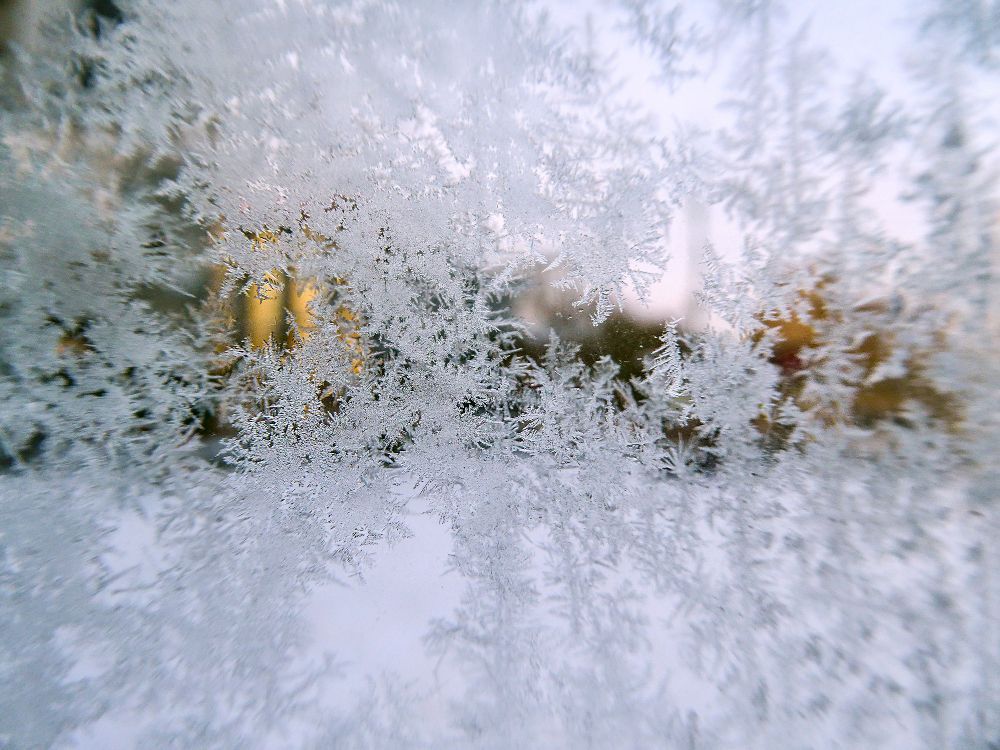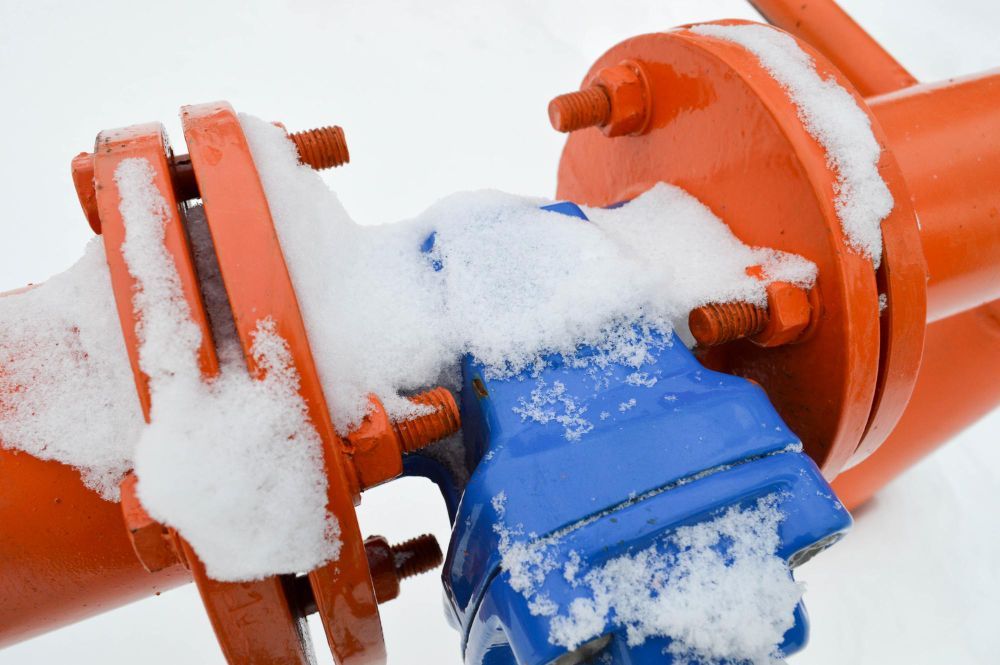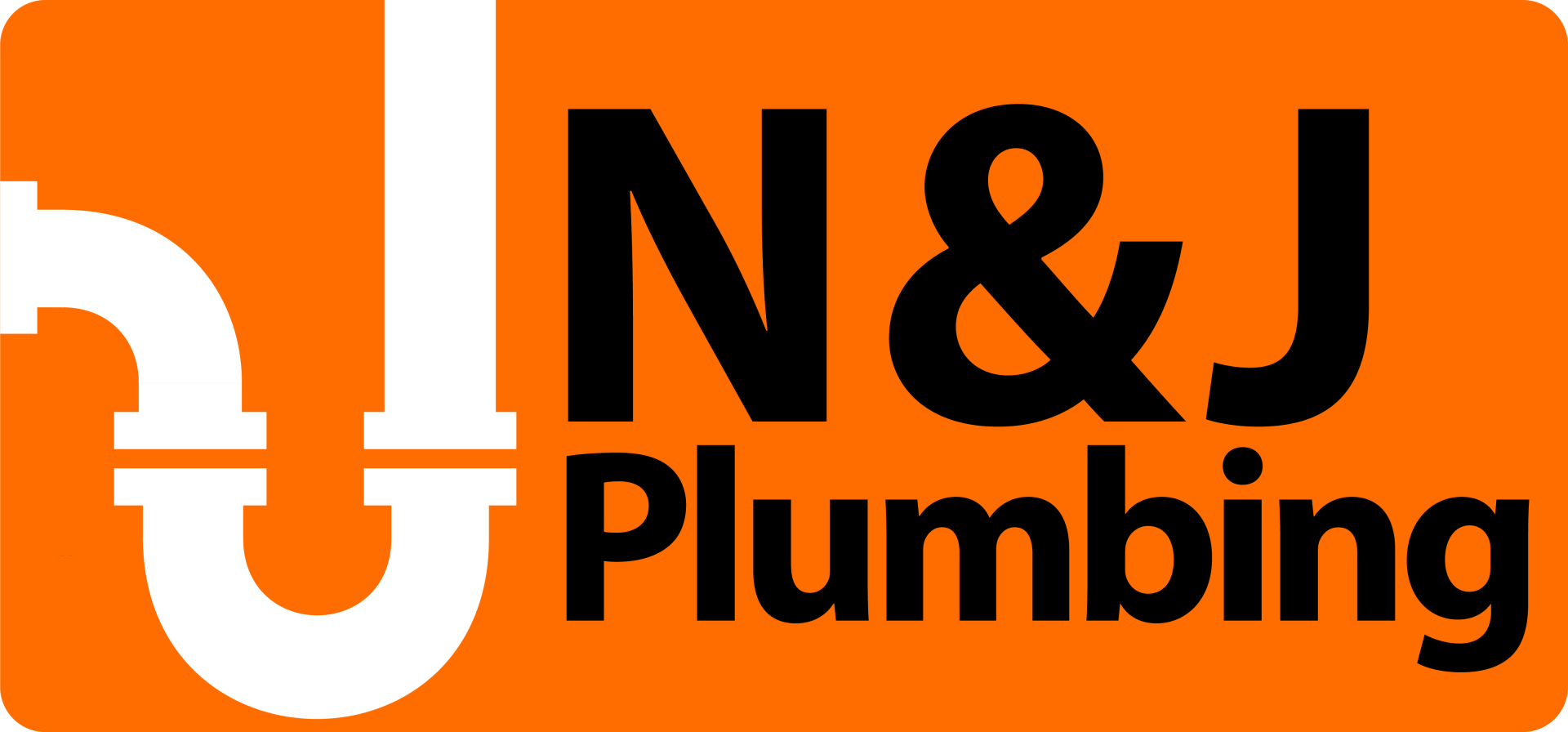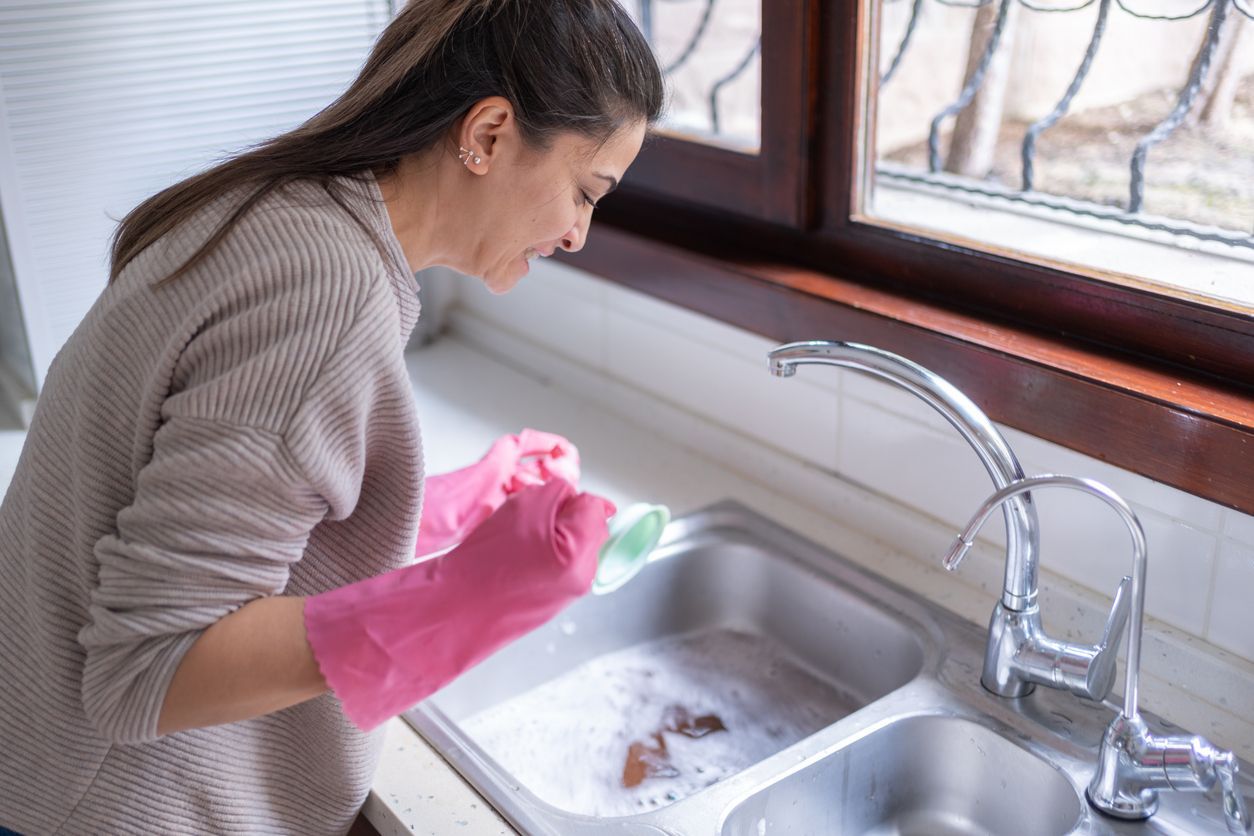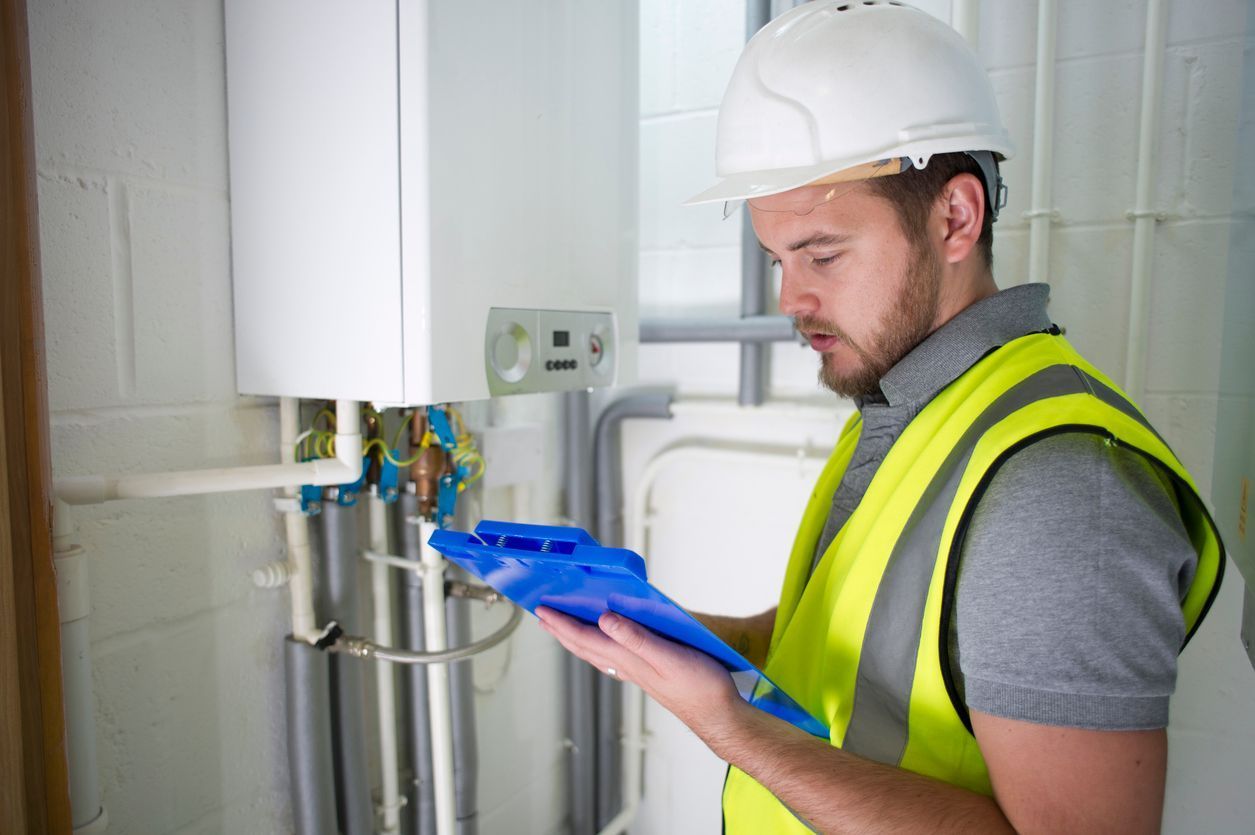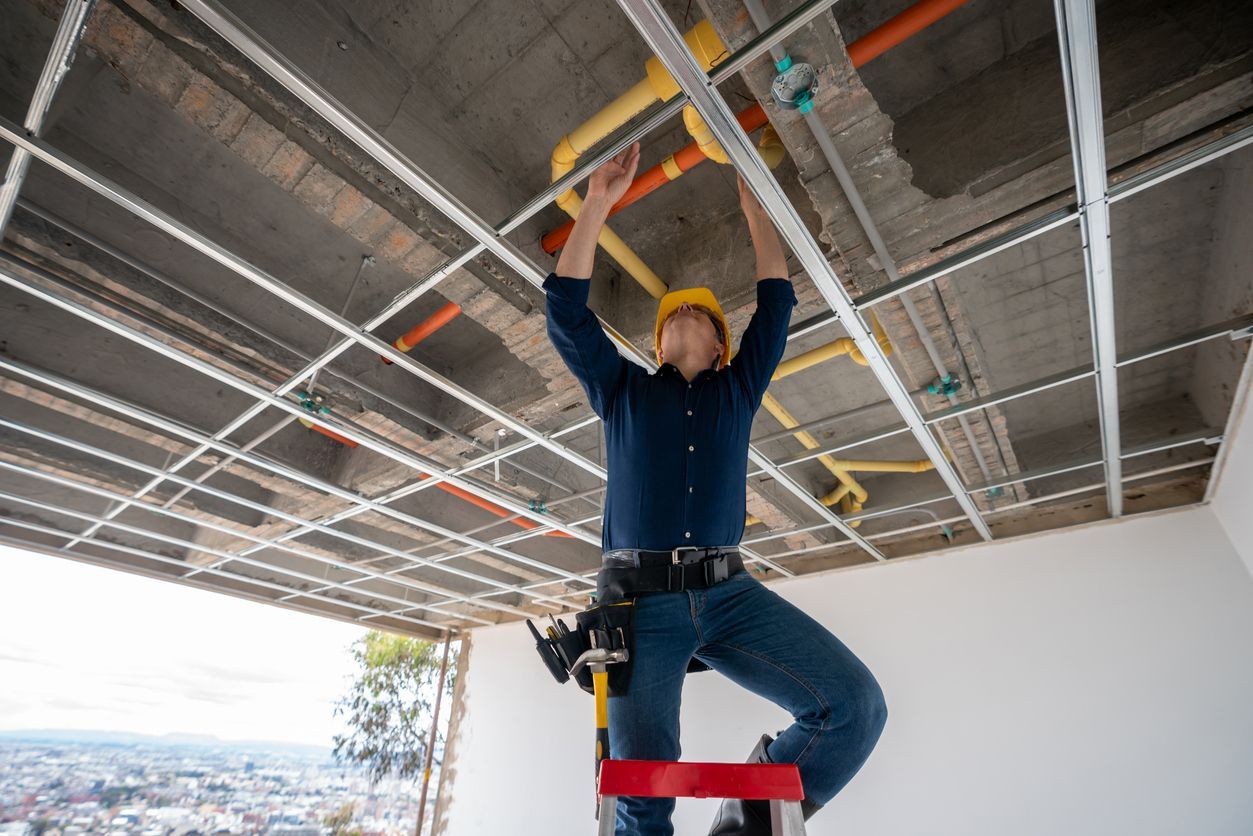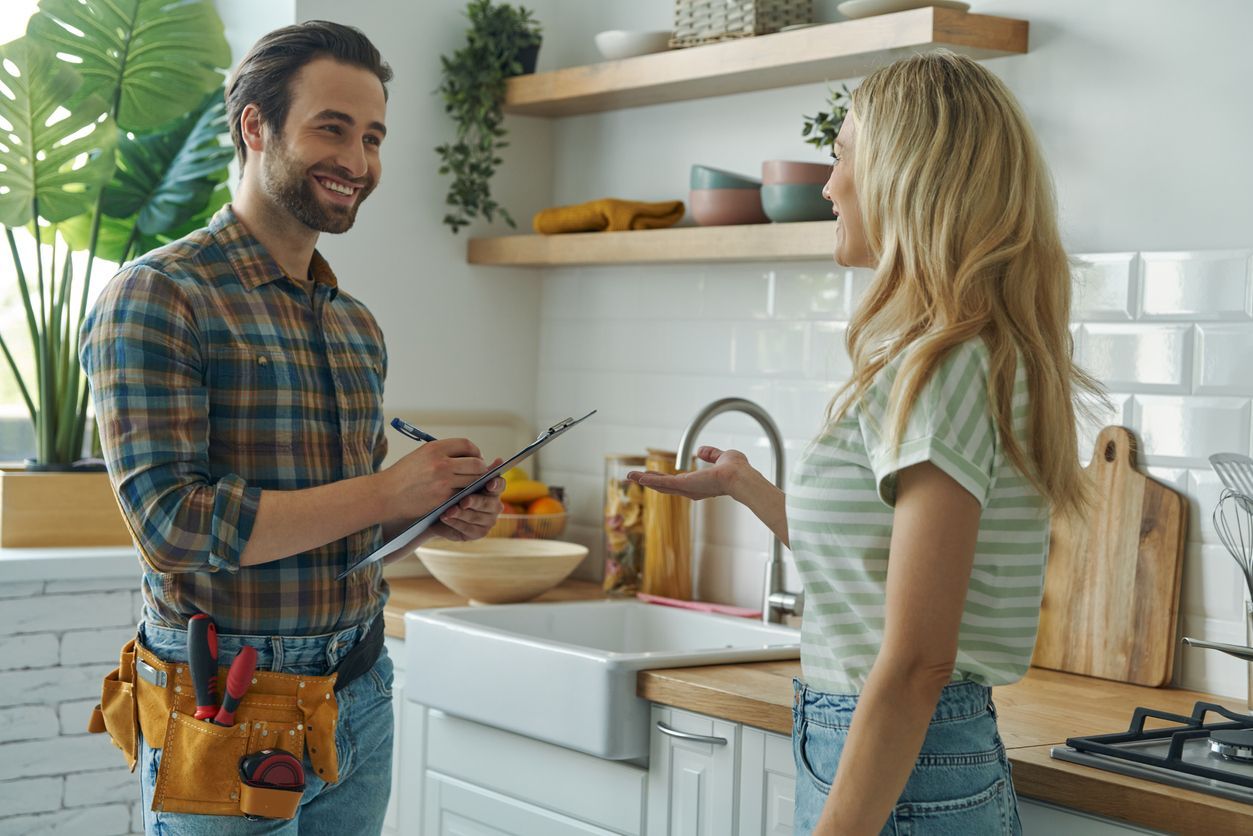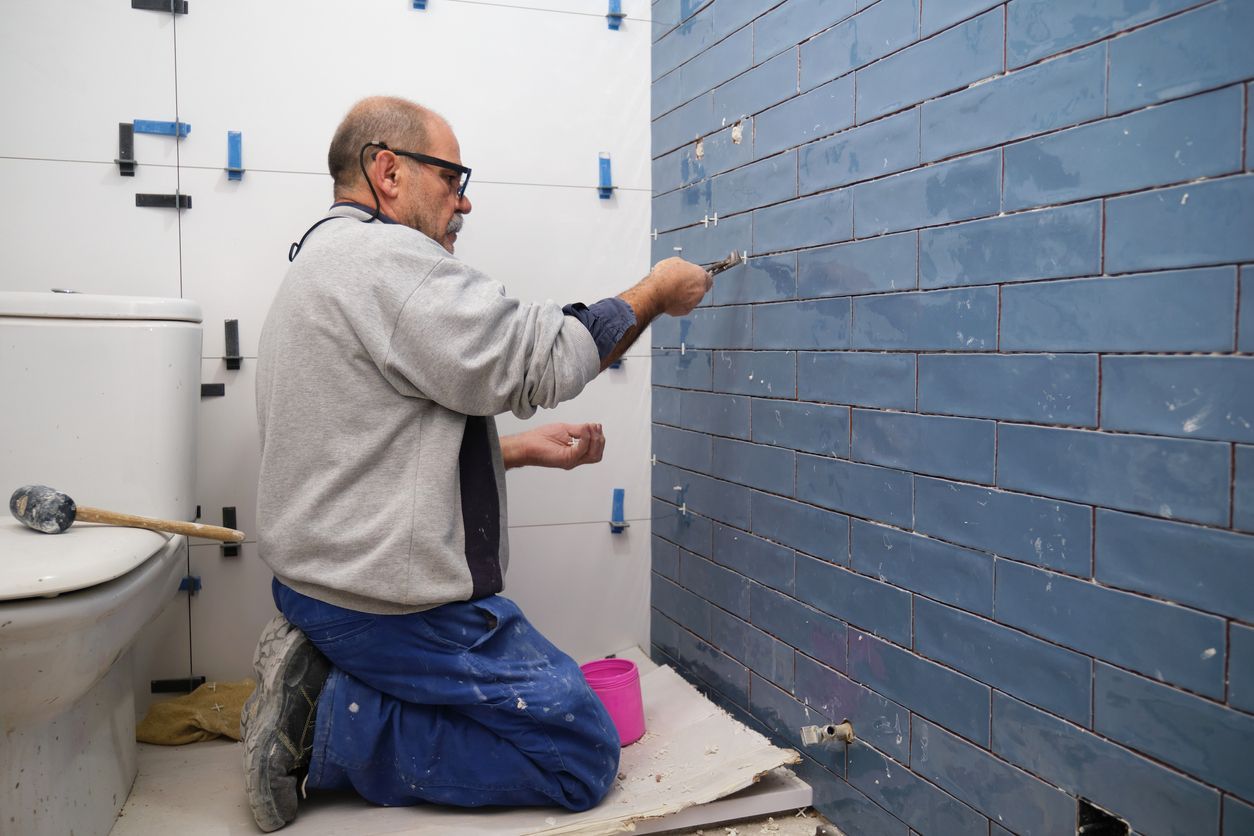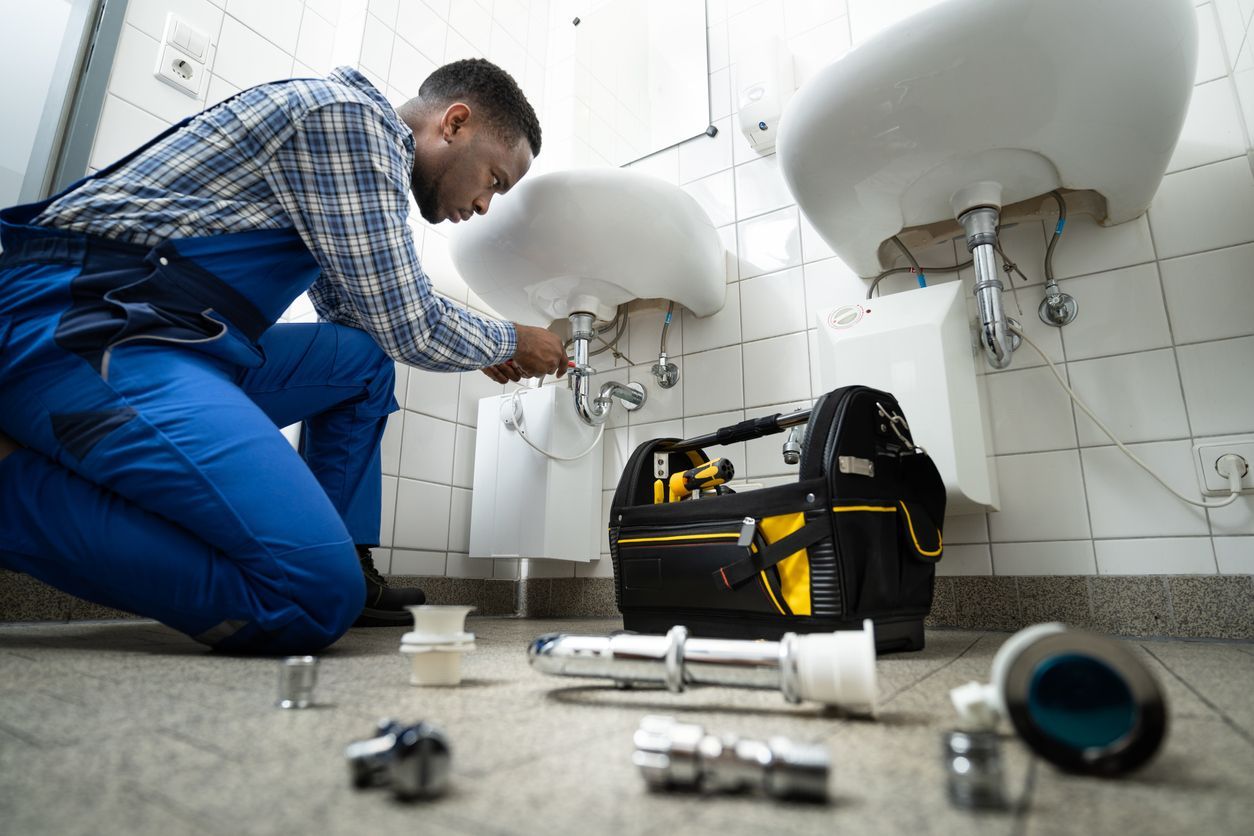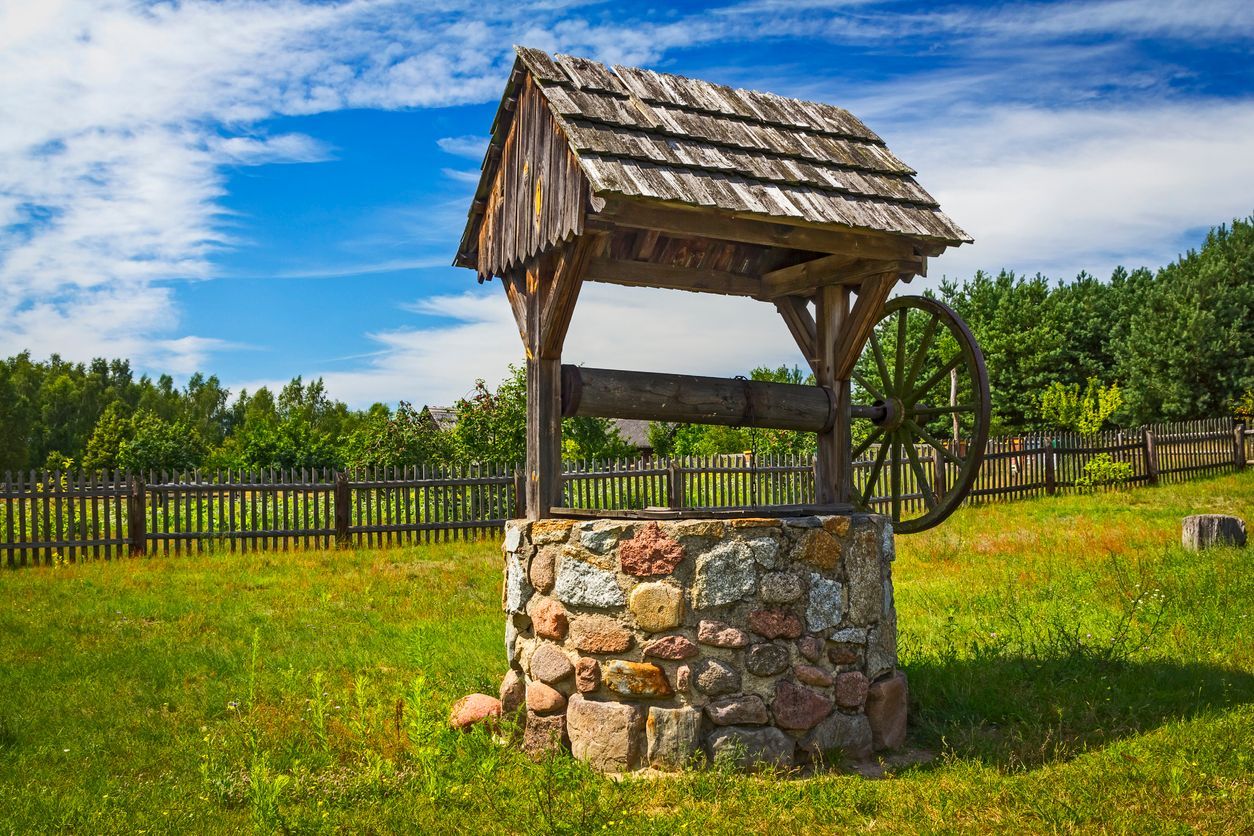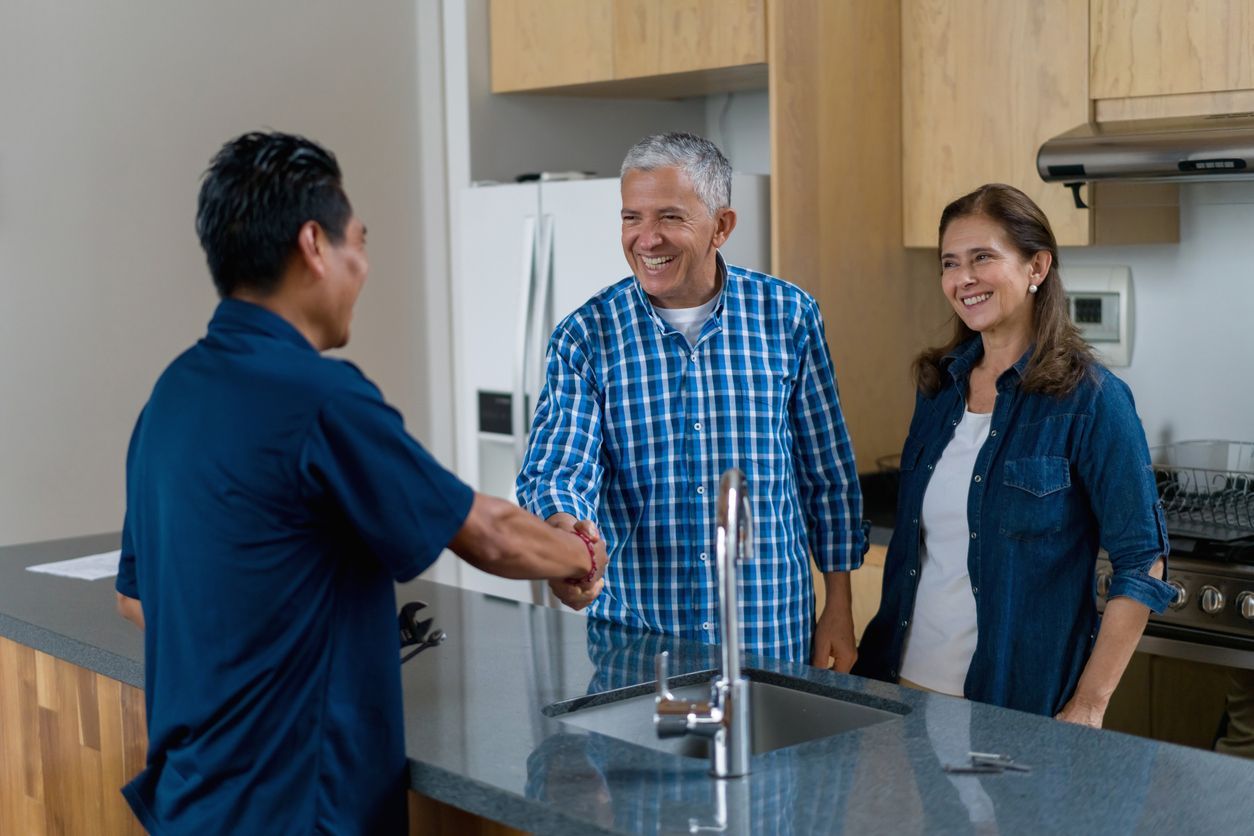Why Is My Water Pressure So Low?
Why Is My Water Pressure So Low?

The world of plumbing is an intricate, complex place, full of knowledge from dozens of fields, including mineralogy, sanitation, biology, engineering and more. So when asking a seemingly simple question like this, it's important to keep in mind that your plumbing system is a small ecosystem, with many branches that all must work in harmony in order to avoid problems. Before we dive into what might cause low water pressure, below are a few key signs that you are actually having low water pressure.
Signs Your Water Pressure is Low
If you aren't sure whether your issues are just a fun characteristic of your unique home, or an actual issue that should be resolved sooner rather than later.
- Two people can't shower at once
- If one person starts washing the dishes, the person in the shower knows
- Pipes complain loudly when being used
- Water takes a long time, or very short time, to heat up
- The highest setting on your washing machine is used for every load (because it appears to be the only one that works)
While there are plenty of other signs, these are some of the most obvious. If you have serious concerns, contact a professional immediately.
Causes of Low Water Pressure
As we talked about earlier, there are dozens of things that contribute to a well-working plumbing system. Therefore, simply checking your pipes for leaks might not lead to the actual cause of the problem. Here are a few categories of issues, and various factors that can lead to low water pressure.
1) Clogs
This might be the most obvious cause of pressure issues. Whether it's deep in the guts of your home, just below the surface, or in the fixtures, clogs limit water supply. This can cause far worse problems than just low water pressure. Here are a few things that can cause a clog:
- Hair
- Fats/grease
- Small toys
- Tree roots
- Paper products (feminine products, wipes, etc)
- Mineral deposits
2) Leaks
If water is getting diverted on accident, this can lower the water pressure in your home. Here are a few ways leaks can develop:
- Age/use
- Water pressure set too high for too long
- Tree roots
- Sudden temperature changes
- Foundation shifts, breaks, or other issues
- Corrosion
3) Limited Water Supply
It's possible you might have low water pressure because your water supply can't handle your usage. Check with a professional to see if your system is the right fit for you home and lifestyle.
4) Mechanical Malfunctions
Finally, it's possible there's an issue with a valve, regulator, sensor, or other important part of your system.
If you're unsure of how to resolve this problem on your own, contact us at NJ Plumbing for affordable, personalized care.
